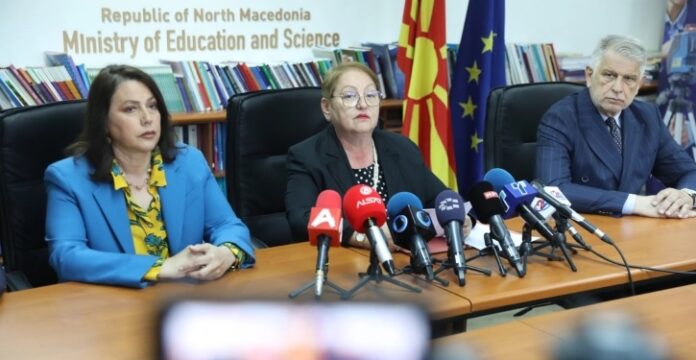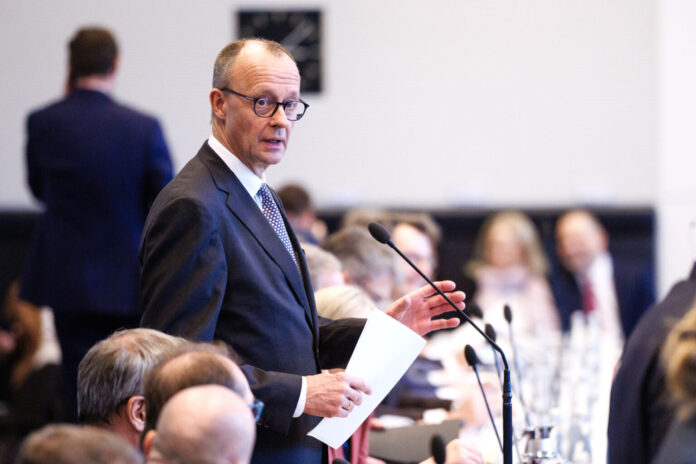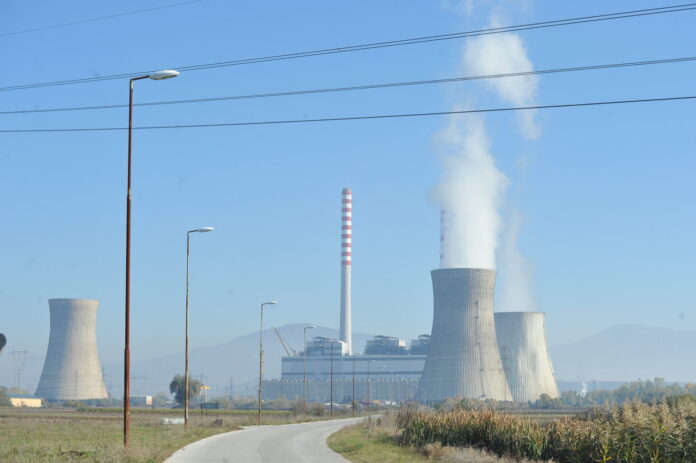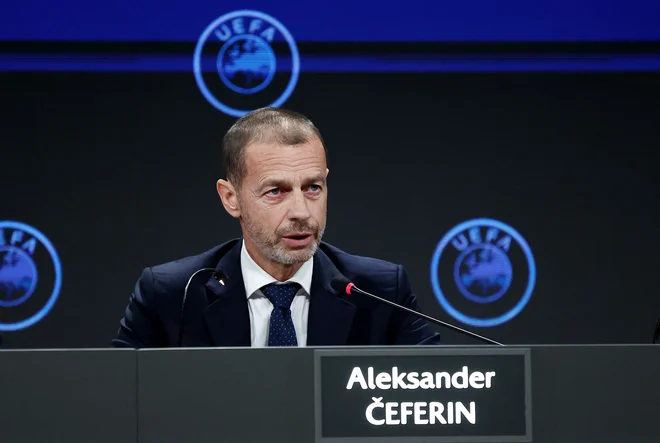EU Commission presents a plan for EU energy independence from Russia
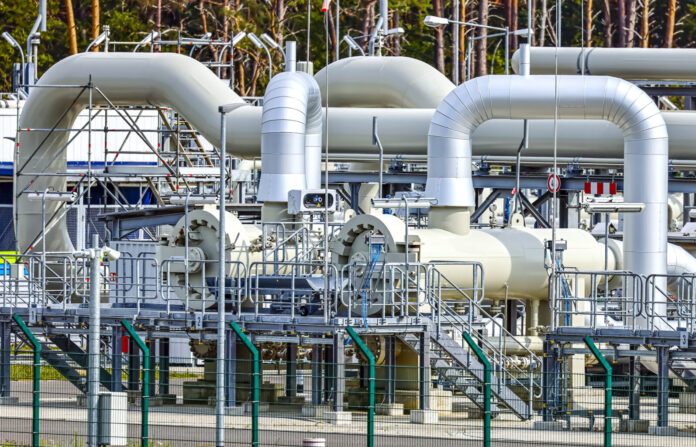
The European Commission today presented a plan within the Rapauereu initiative, which should pave the way for the European Union’s full energy independence from Russia in the coming years – MIA’s correspondent in Brussels said.
The plan provides for the EU to halt its dependence on Russian fuels by stopping Russia’s gas and oil imports and gradually reducing the use of Russian nuclear fuels, and at the same time to provide stable reserves and energy prices throughout the Union.
On the occasion of the presentation of the plan, European Commission President Ursula von der Leyen said it was time for Europe to completely cut off its energy links with an unreliable supplier.
– The war in Ukraine has brutally unveiled the risks of blackmail, economic coercion and price shocks. With « Rapauereu » we have diversified our energy supply and have drastically reduced the former Europe’s dependent on Russian fossil burners – said von der Leyen.
According to her, it is unacceptable with the energy distributed in the EU to pay Russia’s aggression on Ukraine.
« We owe this to our citizens, our companies and our brave Ukrainian friends, » said von der Leyen.
According to the Commission, despite the reduction of EU dependence on Russian energy since the beginning of the invasion of Ukraine, last year a « recovery of gas imports » from Russia was registered, which requires « more coordinated activities, as excessive EU dependence on Russian energy imports is a security threat ».
The plan envisions a gradual removal of Russian energy from the European market in a coordinated and secure way, in order to preserve the security of the EU energy supply and at the same time to limit any impact on prices and markets.
According to estimates, a accelerated increase in global stocks of liquid natural gas (LNG) is expected this year, while at the same time a decrease in gas demand is foreseen.
Accordingly, with the full implementation of the EU Energy Transition and the Action Plan for affordable energy, the consumption of natural gas in the EU is foreseen to reduce the consumption of natural gas in the EU by 40-50 billion cubic meters and by 2030 by 100 billion cubic meters. At the same time, LNG’s capacity by 2028 should increase to about 200 billion cubic meters, five times more than current EU gas imports from the EU.
The plan provides for EU member states by the end of this year to prepare national plans for the gradual abolition of gas imports, nuclear energy and oil from Russia, in parallel with concrete measures to accelerate energy transition and diversification of energy supply.
The plan envisions complete transparency in Russian gas supplies, preventing new agreements and termination of existing ones by the end of 2025, which will reduce Russian energy imports by one -third, after which its full import would be stopped by the end of 2027.
In terms of nuclear energy, measures are foreseen to reduce the import of Russian enriched uranium and restrictions on the conclusion of new contracts for the supply of uranium, enriched uranium and other nuclear fuels from Russia. In addition, the launch of the initiative « European Valley of Radioisotopes » is envisaged to ensure the EU supply with medical radioisotopes through increased own production.
Based on today the promoted plan, the European Commission will propose appropriate legislation next month.
With the measures taken so far, the volume of imported Russian gas to the EU has decreased from 150 billion cubic meters in 2021 to 52 billion cubic meters in 2024, with the share of energy from Russia in total imports from 45 % to 19 %. When it comes to coal, its import from Russia to the EU is completely prohibited by sanctions imposed by aggression against Ukraine, while the share of Russian oil in total imports into the Union of 27 % in early 2022 is now reduced to only three percent. During the same period, the use of Russian nuclear fuel in nuclear power plants with Soviet reactors in EU member states has been significantly replaced by fuels from other sources.

